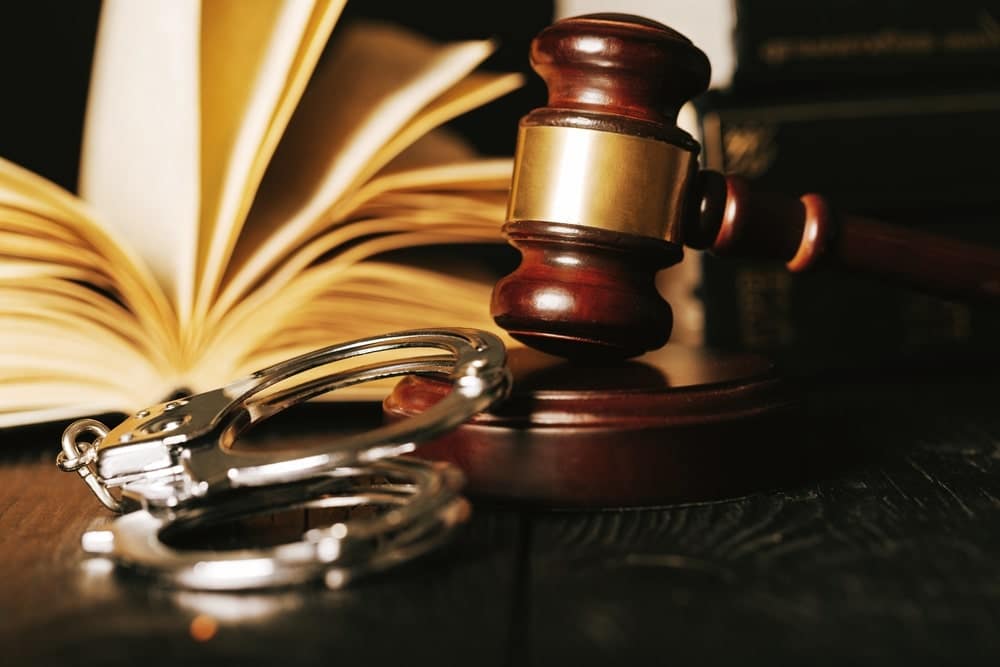Every day in Maine, people are charged with crimes that they did and did not do. Fortunately, in the U.S., we have a justice system that says you’re innocent until proven guilty beyond a reasonable doubt. So being accused of a crime is very different from being convicted for it.
But this doesn’t make the experience any less stressful for anyone charged with a criminal offense. Here’s what you need to know as your case proceeds through the criminal justice system in Maine.
Call 207-571-8146 or contact us online to schedule a consult with one of our highly skilled criminal defense & OUI lawyers, serving Southern Maine, today.
Table of Contents
What happens if I’m charged with a crime in Maine?
What happens after you’re charged with a crime in Maine depends on the nature of the offense you’re accused of.
For minor offenses, you will receive a court summons that advises of your court date and you’ll be free to leave. However, if you’re arrested, a bail commissioner usually sets bail within hours. Provided you can meet the bail terms, you’ll be free to leave the police station after receiving your court summons.
The summons will include the time, date, and location of your first court appearance or “arraignment”, which must be within 48 hours of your arrest if you’re unable to make bail. This hearing will be held before a judge in a courtroom but depending on which county in Maine the arrest occurred, the defendant may attend the arraignment via video conference from the jail.
If you don’t have a lawyer to represent you at this hearing, you’ll be able to enter a plea of guilty or not guilty with the assistance of the Lawyer of the Day. The Lawyer of the Day is there to help advise and assist people during the arraignment process, regardless of whether or not they’re in custoy. If you receive a low income and need free legal representation, you must file a Preliminary Motion for Assignment of Counsel, Affidavit and Release and another form disclosing your Social Security Number.
There may be someone on hand to help you fill these forms and witness your signature if you have any trouble, especially in the larger Maine courts.
If your request for free legal representation is denied, you’ll need to find a lawyer yourself. It’s important to contact a criminal defense lawyer as early as possible in proceedings. In many cases, it’s best to request a lawyer during questioning — even before an arrest is made.
How do I know if my legal issue is considered “criminal”?
In Maine, not all offenses are considered criminal. There are three different types of offenses, with differing consequences:
- Traffic tickets: driving offenses like speeding or running a red light are not criminal cases but you can challenge them before a judge if you request it with the Violations Bureau. You can’t go to jail for a traffic ticket but you can for serious criminal traffic violations like OUI, criminal speeding or reckless driving. You can also have your driver’s license suspended if you fail to pay fines.
- Civil offenses: civil violations result from a modification in Maine’s criminal code. They lead to a court summons but you may be able to pay a fine instead of appearing. You cannot go to jail if you fail to appear/pay fines but you can be defaulted if you fail to show up in court.
- Criminal charges: these result in a summons, arrest, or both, with a possible jail or state prison sentence resulting. However, with the best legal representation, many first-time offenders can avoid serving any jail time unless the crime is serious.
Call 207-571-8146 or contact us online to schedule a consult with one of our highly skilled criminal defense & OUI lawyers, serving Southern Maine, today.
What if I was falsely accused of a crime?
Being falsely accused of a crime can be highly challenging — but defendants in criminal cases should keep the faith that, with the right legal representation, justice will prevail.
Taking a few sensible steps once you’re aware of the accusations against you can help position you to fight the charges successfully. Most essentially, contact a top criminal defense lawyer immediately and exercise your right to remain silent.
It’s best to avoid saying too much to the police without your lawyer present. Many people who are falsely accused of a crime try to convince police officers of their innocence but, in doing so, tend to implicate themselves. Even if you know you’re innocent, avoid saying things that may be used against you by immediately asking for a lawyer when the questioning begins.
Ultimately, if you have received a summons or been arrested, the police already feel they have “probable cause” to charge you with a crime. If the prosecutor at the DA’s office agrees that there is enough evidence to charge you with a crime, you’ll need to fight your case in court. Anything you say in the police station won’t help you and can be used against you in court.
Your criminal defense attorney will help you calmly and patiently navigate the justice system so that you don’t harm your chances of escaping a conviction. This type of guidance can be the difference between future freedom and being saddled with a lifelong criminal record and the accompanying penalties.
What are “plea negotiations”?
A plea negotiation or plea bargaining is an important part of the criminal justice system in Maine. During this process, a defendant can enter a guilty plea for a criminal charge in exchange for less severe penalties.
Typically, the criminal charge faced at arraignment is the maximum charge that the defendant will be held to if the matter goes to trial. Depending on the circumstances and how negotiations proceed, prosecutors may agree to offer the defendant an opportunity to plead guilty to a lesser charge or the original charge with a reduced sentence.
Whether this is the best option for you should be discussed in detail with an experienced criminal defense lawyer. If you believe that you can prove your innocence, a plea negotiation may not be the best move because you likely still end up with a criminal record that can affect future employment, education, travel, immigration status, and other aspects of your life.
Conversely, going to trial may be considered more of a risk because a judge or jury will need to be convinced of your innocence (“reasonable doubt”).
What is a deferred disposition in Maine?
If plea negotiations are not possible or fail to produce a satisfactory result, a defendant can:
- Plead guilty/no contest with an agreed-upon disposition
- Plead guilty/no contest without an agreed-upon disposition (the State and the defense still present arguments and the court decides what the sentence will be)
- A trial before a judge
- A trial before a jury
- Reach an agreement for a Deferred Disposition
This fifth option (Deferred Disposition) is when the accused enters a plea of guilty but the court does not impose a sentence until a predetermined date in the future (typically one year ahead). It is available in Maine only if the State agrees to it.
A Deferred Disposition may be an attractive option for some defendants because it does not result in an immediate criminal conviction. In Maine, a conviction does not occur until a sentence is imposed by the court following a plea of guilty.
It may also benefit the State to offer this option in relatively minor criminal cases or where the prosecution’s case is weak or the accused has demonstrated corrective measures for their behavior.
Depending on the criminal charge in question, a Deferred Disposition usually requires the defendant to perform certain activities like community service or complete substance abuse evaluation/treatment in return. If all obligations are completed by the defendant, the state will agree to reduce or dismiss the charges on the pre-agreed date.
For the best possible chance of avoiding a criminal conviction, call the Maine Criminal Defense Group at 207-571-8146 for an initial case evaluation.
Call 207-571-8146 or contact us online to schedule a consult with one of our highly skilled criminal defense & OUI lawyers, serving Southern Maine, today.
Blog Articles
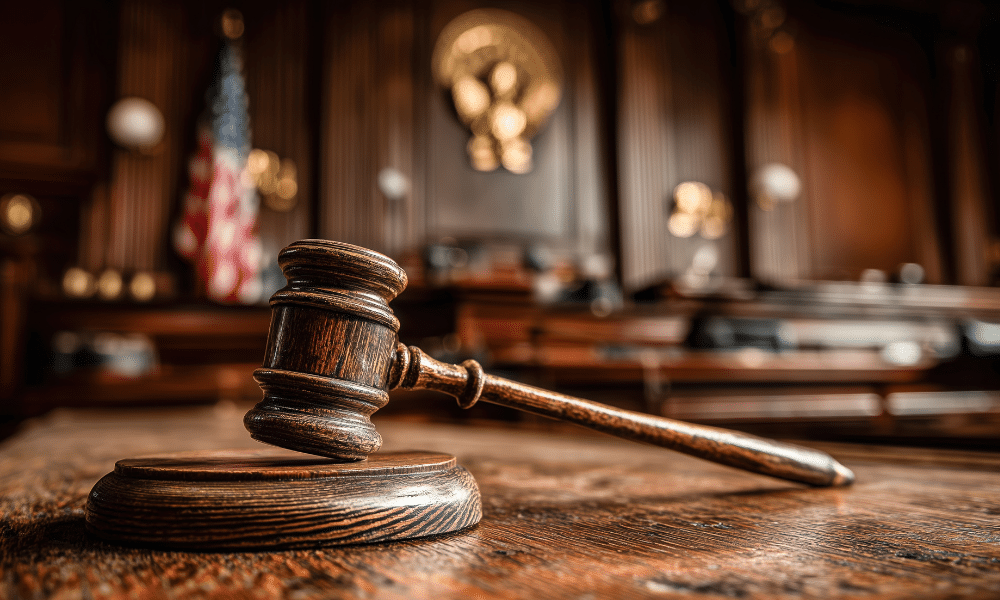
Defendants in criminal cases typically have four options for resolving their case if the charges are not dismissed: Plea negotiation, where the defendant agrees to plead guilty (or no contest)[...]

Many people are unaware that it is a criminal offense in Maine to make a false report of an emergency that causes public alarm. Even those who are aware of[...]

A criminal conviction usually appears on criminal records for life in Maine, potentially impacting the individual’s employment, education, travel, housing, immigration status, and more. However, certain low-level misdemeanor convictions can[...]
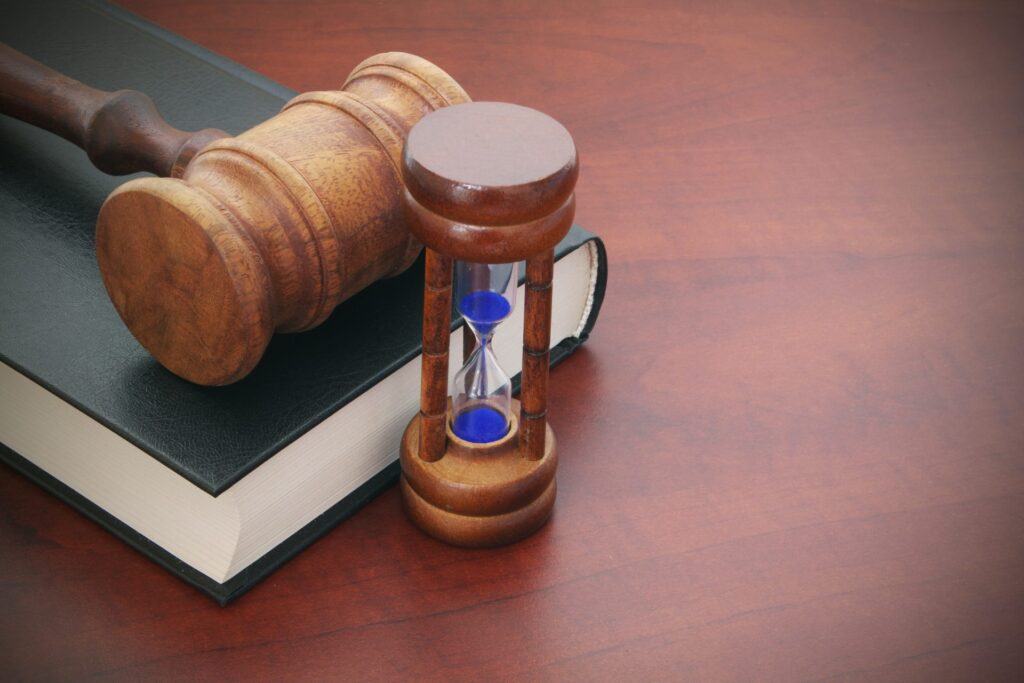
The legal term for sentencing a convicted criminal is not required to serve is called a suspended sentence. A suspended sentence is handed down during the sentencing portion following a[...]

If you receive a traffic ticket in Maine, you may be facing far more than demerit points or an administrative penalty. You could be facing criminal sanctions and a permanent[...]
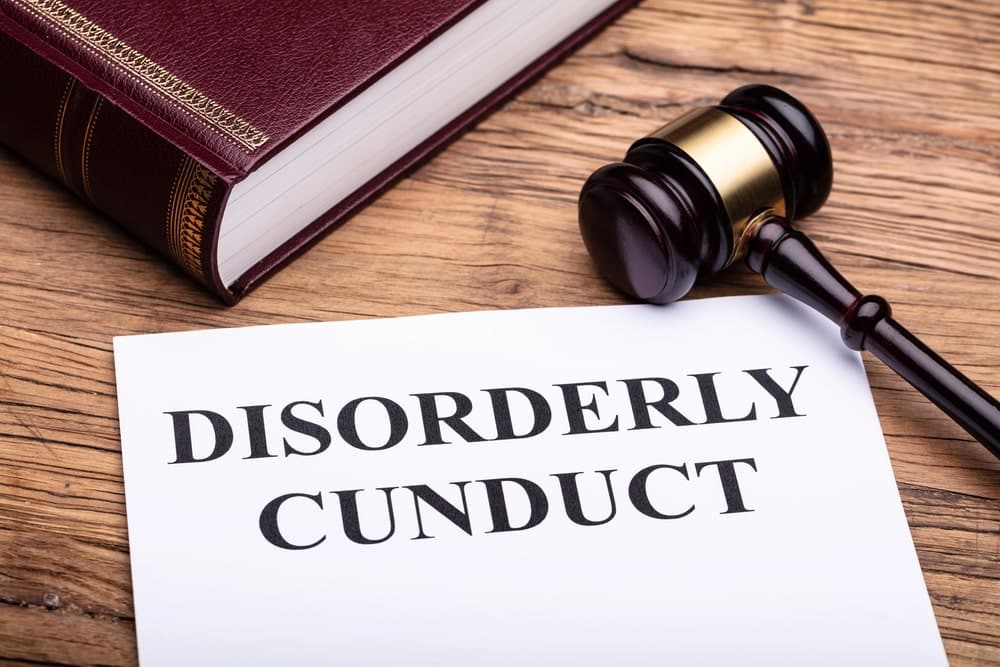
In Maine, disorderly conduct laws effectively make disturbing the peace a criminal offense. While disorderly conduct is considered one of the least serious offenses under Maine’s Criminal Statutes, it can[...]

Any criminal charge for a drug-related offense is a serious matter in Maine,but how consequential the outcomes can get may depend on whether the charge is filed at the state[...]


Self-defense laws in the U.S. are complex, vary from state to state, and are often misunderstood. “Stand your ground” laws allow an individual to use deadly force in self-defense in[...]
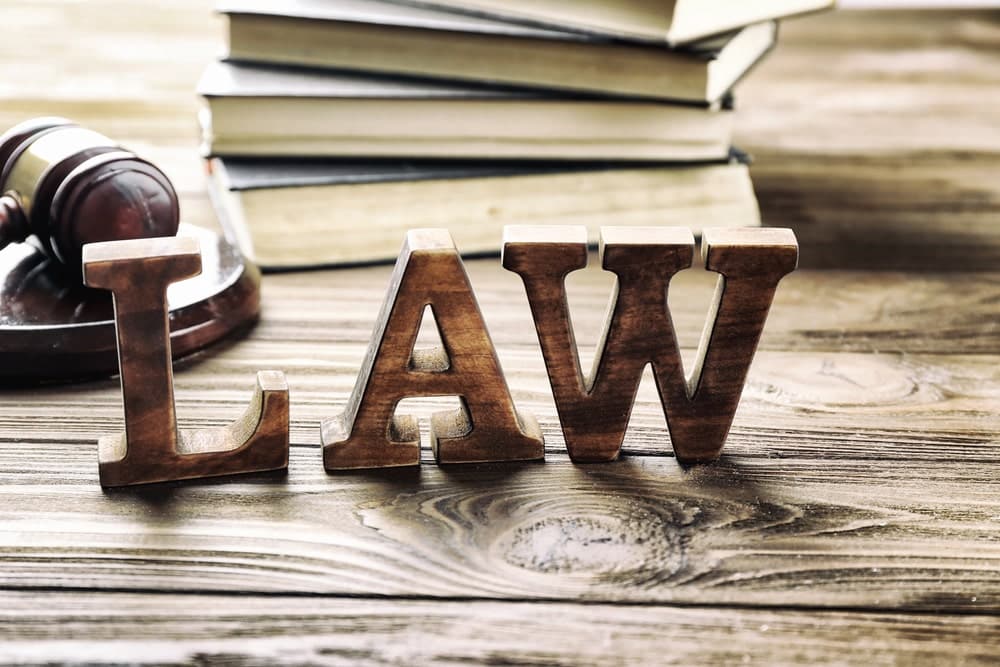
Expungement is the practice of legally erasing or striking out documents or information relevant to criminal charges. It’s not possible to expunge a criminal record in Maine. However, other avenues[...]
